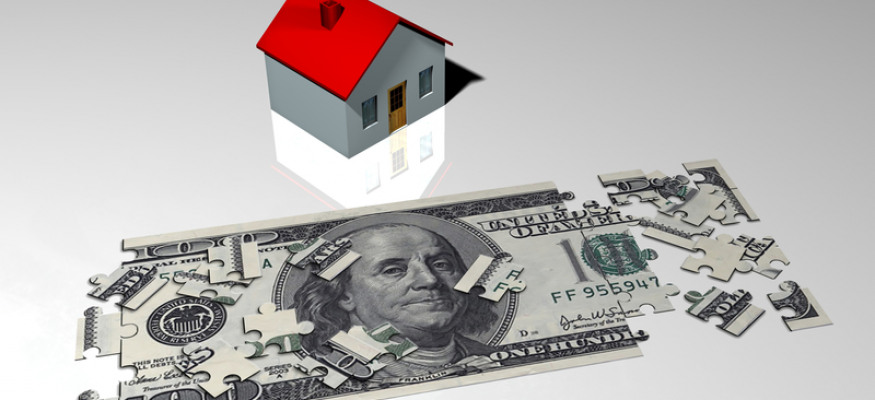This month I tackle a very common question that I receive from my clients. The question of paying down your mortgage by making extra principal payments or putting the extra money towards investing. The typical reason I hear from my clients about wanting to pay down their mortgage quicker is so they have a debt free home in their retirement. The math of making extra payments on your mortgage can be quite compelling.
As an example, if you have a $300,000 mortgage on your home at 4% interest for 30 years, then your payment is $1,432. If you make two extra payments per year (increasing the monthly payment by $239), then instead of 30 years of payments, it drops to 23 years. That is a pretty substantial time savings! And a good amount of savings on interest as well. So if you have the extra cash flow, then why not do it?
Using the same example, if you instead save that $239 per month into an investment account and we assume that you invest mainly in the stock market and earn a hypothetical 8%, then after 23 years you could have $187,535.71. The remaining amount left on the principal of the mortgage at year 23 would be about $104,780. So you could pay off your mortgage at year 23 and have an extra $82,755.71 ($187,535.71-$104,780). I would rather take the extra $82,755 and still payoff my mortgage at year 23!
If you change the scenario a bit and decide to not pay off your mortgage at year 23, but instead keep the savings going, then at year 30, the account could be worth $352,777.06. Realistically, there are pros and cons of investing versus paying down the loan early. The investments may underperform or maybe there is a huge stock market crash like 2008, where the S&P 500 dropped 37%. If in year 23, there was a huge crash and the account lost 37%, then the above $187,535 in that investment account would be worth $118,147. Still a little more than the mortgage balance of $104,780, but that would be a hard pill to swallow! In order to make this strategy work, the most important aspect is time. If you have 10 years left on your mortgage and you decide to want to invest and not pay extra, it is a gamble if the stock market will give you a good return. There have been several decades historically where the stock market has been flat or just showed a slight positive return. However, a 30 year time period is adequate to ride out the ‘ups and down’ of the market. So if you have a short time frame, then you have to a be a person very comfortable with risk as this strategy may not work out. You could end up with less money than you hoped and it would have been better to pay down your mortgage.
There are other considerations as well. If you took that $239 per month and used it to contribute more to your tax-deferred retirement plan, then you get an immediate tax savings as well. $239 per month in a 20% tax bracket is an instant monthly savings of $47.80. So in effect, you are saving more than $239 per month because of the tax benefit. Also, most people deduct the interest from their mortgage when it comes time to file taxes. Paying extra on your mortgage means that you lose that tax benefit quicker. If you are still working full time and your mortgage is paid off, then that would push up the amount of taxes you have to pay on your income due to the loss of that itemized deduction.
Another thought is that the only way you can use the equity in your house is to refinance, sell it, or get a home equity line of credit. Let’s say you lost your job and were unemployed and running out of money, but you had a ton of home equity because you were paying extra on your mortgage. You can’t refinance or get a line of credit (no job, no income, no loan), so you would have to sell to cash out your equity. If you had saved in an investment account instead, then you have a nice cushion to help you until you find a new job.
As you can see, I strongly believe it makes more financial sense to invest versus paying down a mortgage faster. It creates an investment account that can be used for emergencies or opportunities, the money could be used later to pay off the loan (and still have extra left over if the investments perform well), and you keep the tax benefit of deducting the mortgage interest on your taxes. If you want me to do a calculation for your specific mortgage situation, then let me know!


